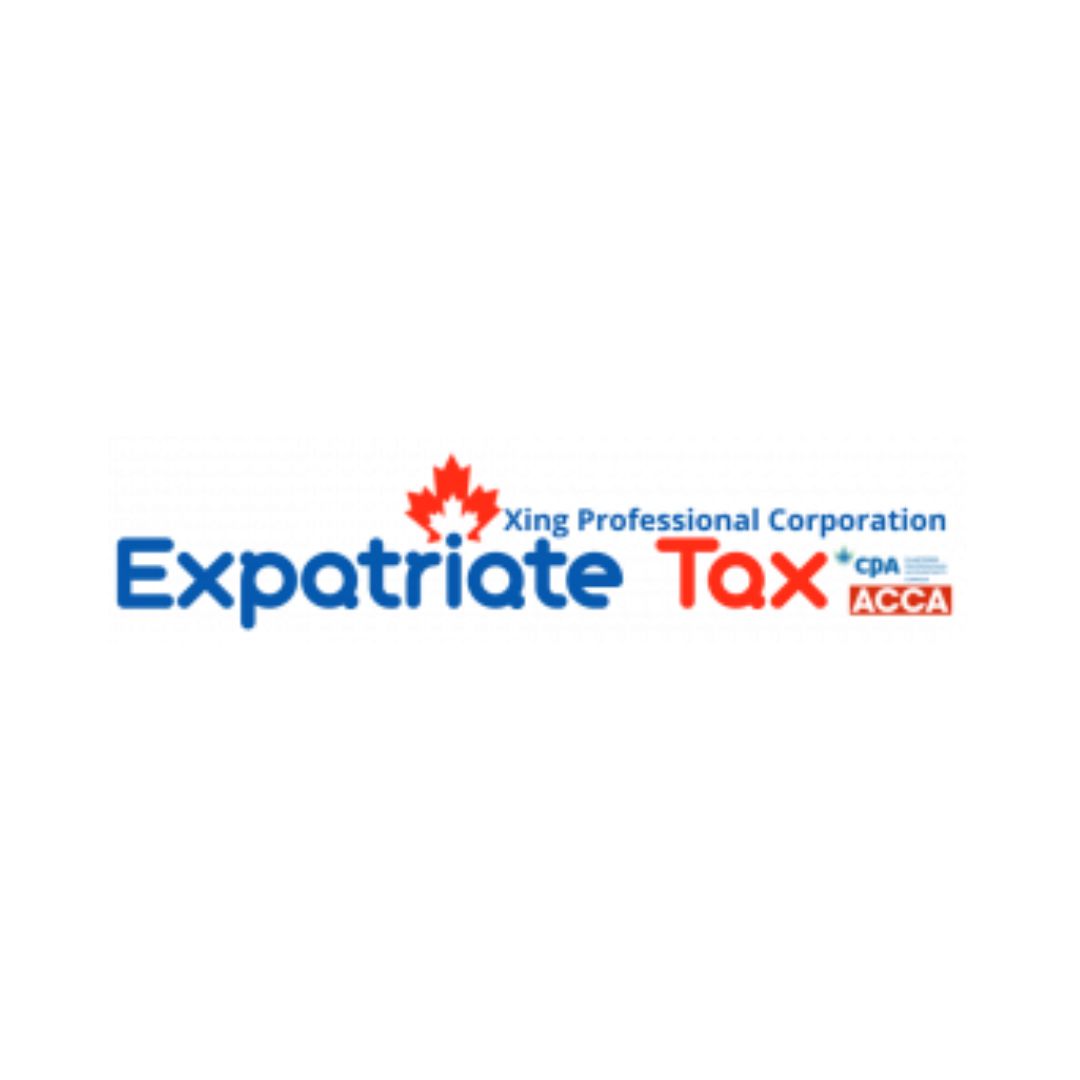
Expatriatetax1139
Uploaded on Jan 30, 2025
To legally reduce your tax bill in Canada, it's important to engage in strategic planning and be aware of available deductions and credits. You can lower your taxable income by claiming RRSP contributions, business expenses, and investing in tax-efficient products. Additionally, utilizing tax credits for medical expenses, home purchases, and charitable donations can aid in minimizing your tax liabilities. Income splitting and deferring taxes are other effective strategies to reduce what you owe. Staying informed about CRA regulations ensures compliance while maximizing your savings. Seeking professional tax advice can further help you optimize your tax strategy. For further details, reach out to us at https://expatriatetax.ca/individual-income-tax-services/
How to Reduce Your Tax Bill Legally in Canada
Taxes represent a considerable expense for Canadians, but with the
right strategies, you can legally reduce your tax burden while
remaining compliant with the Canada Revenue Agency (CRA). Many
individuals overpay their taxes simply because they are unaware of
the deductions, credits, and tax-saving opportunities available to
them. Whether you are a salaried employee, self-employed, or an
investor, effective tax planning can help you retain more of your
hard-earned money. In this guide, we will explore proven methods to
legally lower your tax bill.
Maximize Tax Deductions
Deductions lower your taxable income, which can reduce the
amount of tax you owe. Common deductions include employment
expenses such as home office costs, work-related supplies, and
professional memberships. Contributions to a Registered Retirement
Savings Plan (RRSP) are also significant deductions, as they allow
you to defer taxes until retirement when you might be in a lower tax
bracket. If you moved for work, you may be able to deduct moving
expenses, provided your relocation meets the Canada Revenue
Agency (CRA) guidelines. Additionally, parents can claim childcare
expenses, including daycare, babysitters, and after-school
programs, which can help reduce their taxable income.
Take Advantage of Tax Credits
Tax credits differ from deductions in that they directly reduce the
amount of tax you owe. The Canada Workers Benefit (CWB) assists
low-income earners by offering a refundable credit. Through the
Medical Expense Tax Credit, you can also claim eligible medical
expenses, such as prescription medications, dental work, and
assistive devices. If you donate to a registered charity, the
Charitable Donations Tax Credit can significantly lower your tax bill.
Additionally, first-time homebuyers can take advantage of the First-
Time Home Buyers’ Tax Credit, which provides relief on qualifying
home purchases.
Optimize Your Investments for Tax Efficiency
Smart investment strategies can help lower your tax bill while
increasing your wealth. Tax-Free Savings Accounts (TFSAs) allow
your investments to grow tax-free, making them an excellent choice
for saving money without incurring taxable income. Registered
Retirement Savings Plans (RRSPs) defer taxes until you withdraw
funds, which can be advantageous if you anticipate being in a lower
tax bracket later in life. It's also important for investors to
understand capital gains tax, which only applies to 50% of a gain,
making it more tax-efficient than interest income. Furthermore,
dividends from Canadian corporations are eligible for a tax credit,
making them more appealing compared to other types of
investment income.
Utilize Business and Self-Employment
Deductions
If you own a business or work as a freelancer, you can claim various
deductions to reduce your taxable income. Home office expenses,
such as rent, utilities, and internet costs, are deductible if you use
part of your home for business purposes. Additionally, you can
partially deduct vehicle expenses, including gas, maintenance, and
insurance, if they are incurred for business use. Incorporating your
business may also offer tax benefits, such as a lower corporate tax
rate compared to personal income tax rates. By keeping detailed
records of your business expenses, you can maximize your
deductions and ensure compliance with CRA regulations.
Defer Taxes Where Possible
Deferring taxes allows you to postpone payments, often when you
might be in a lower tax bracket. Contributing to a Registered
Retirement Savings Plan (RRSP) is an effective way to delay taxation
until retirement. Additionally, income splitting with a spouse or
family member through spousal RRSPs or prescribed-rate loans can
help shift income to a lower tax bracket.
If you are self-employed or own a business, delaying income
recognition until the following tax year can be advantageous,
especially if your income varies. Overall, strategic tax deferral helps
manage cash flow and reduce your total tax liability.
Stay Informed About Tax Changes & CRA
Updates
Tax laws and credits are subject to frequent changes, so staying
informed can help you take advantage of new opportunities. Each
year, the CRA introduces new tax policies, deductions, and credits
that may affect your tax return. Filing your taxes on time is
essential, as late submissions can lead to penalties and interest
charges. Keeping up with updates and changes from the CRA
ensures that you remain compliant and maximize your tax savings.
Consulting a tax professional can provide personalized advice based
on your financial situation and help you navigate the complexities of
taxation.
Conclusion
To legally reduce your tax bill in Canada, you need smart planning,
strategic deductions, and a good understanding of tax laws. By
maximizing your deductions, leveraging tax credits, optimizing your
investments, and deferring taxes when possible, you can
significantly lower your tax liability. Whether you're an employee,
business owner, or investor, taking a proactive approach to tax
planning allows you to keep more of your earnings. If you're unsure
how to maximize your tax savings, consider consulting a tax expert
who can help you create a personalized strategy to reduce your tax
burden while ensuring compliance with CRA regulations.
Contact Details
Phone Website Email Address
(403) 383-2286 expatriatetax.ca [email protected] Suite 2000, 125 9 Avenue
SE, Calgary, AB T2G 0P6

Comments